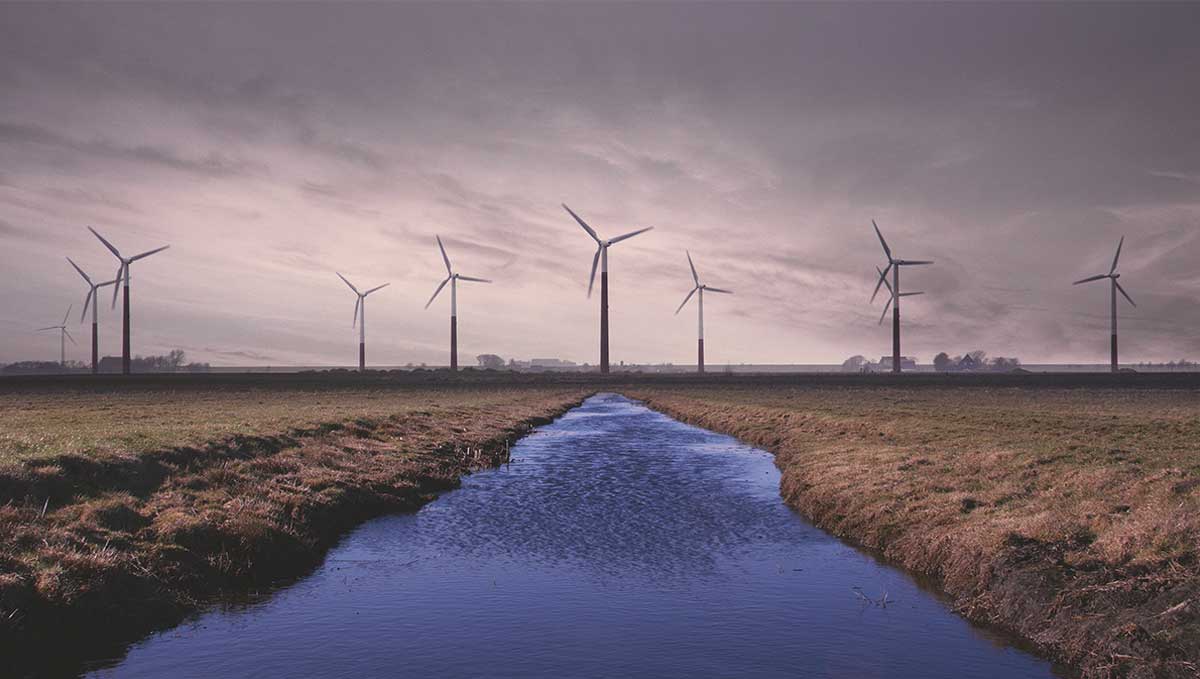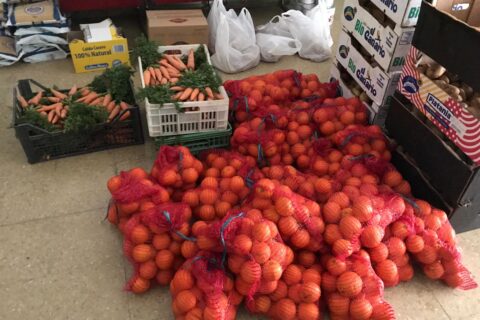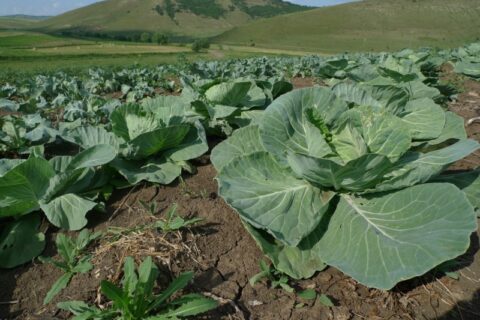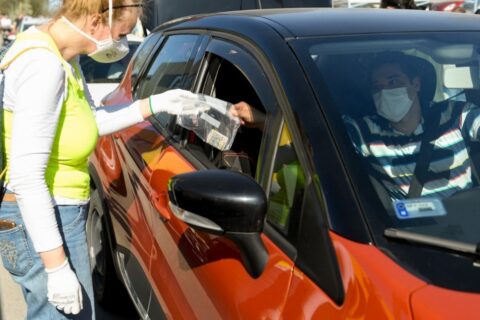
Study tour in Netherlands was held on 19th to 23rd March 2018.
It was the fourth study tour and the sunniest. Thank you, Rudolf and Henk, from Wageningen University, for pushing away the clouds! Useful height to touch the sky!
The participants were presented with extremely interesting case studies, brought to a high level of integration with environmental and societal dimensions. A very impressive set of organisations shaped by the perseverance, strength and dedication of individuals and groups of committed visionary leaders. Years of building, imagining, trying and fine-tuning, years of “sweat and blood”, as Rudolf says. Collective initiatives which have succeeded in modelling not only the local and regional policies, but which also now influence national policy and EU CAP. The saying is that “you don’t mess around with a Friesland farmer”: they clearly know what they want and are capable to take the government to court and win. Yes, these are clear examples of voices that are heard, negotiations that are tough and rough but that bring the results, for a higher level of connectivity and inclusion. It is also another relationship between the rural and the urban, a realised perspective of territorial integrity.
The tour started with a visit to the Association Agricultural Nature and Landscape Management ‘Water Land & Dikes’, a typical old polder area, a successful claim for the land, the creation of a rural web protecting birds and wildlife, linking to municipalities, regional landscape and nature organisations, developing recreation and education for urban visitors. Involved in CAP pilot on collective approach to agri-environment, greening agriculture through a special Front Door-Back Door mechanism, now adopted by EU. It was impressive to hear that based on 2014 EU Regulation (No 1305/2013, Article 28) introducing the option of group applications for agri-environment climate measures, Dutch farmers organised themselves and established 40 agri-environmental cooperatives across the whole country (see attached doc). Similarly, Northern Friesland Woodlands has embarked in landscape management, agroecological management, bioenergy, water management and so much more, with now 800 farmers, covering 50.000 ha. How did it start? Because when the government decided that a conservation agency would take care of the hedges and wildlife, farmers said: “NO. We have been doing this for thousands of years, we are the best placed ones to do it, we take the responsibility to do it. Just trust us”. And this is how it went. They did it, to an extent that exceeded any expectations. In Ameland also we tried yogurt and milk at Kars’ dairy farm. This time the cows were of another breed, Blaarkop breed, well known for the quality of their milk (16th century Dutch expeditions to Indonesia, the cheese could be kept for 6 months on the boats). The Waddengroup Foundation has been able to develop its own markets over the years, +300 certified products, 1000+ points of sale, networks exceeding 300 farmers, processors, entrepreneurs, restaurants, fisher folks etc. Quality and distinctive product recognition by the consumers; higher value led by successful branding. A young cheese processor welcomed us in his shop. We visited an old wood mill, the miller told us that his profession is now part of Immaterial World Heritage (by UNESCO 2017), we saw the flour and grains, an old Rye variety going extinct, saved in 1948 by Wageningen University which kept 400grams, today 2000 Kg are growing. One of the representatives was given a bag of the precious seed to bring back home to Hungary, and plant it there.
The tour had 10 representatives: Boldizsar and Lili from Hungary, Slavica from Bosnia & Herzegovina, Marc from France, Suzanna from Macedonia, Asta from Lithuania, Valentina from Croatia, Joaquim from Portugal, Tahir from Kosovo, and Petrit from Albania. Total 5 women, 5 men.
In addition there were 2 interpreters: 1 for Serbo/Croatian, who is also part of farmer networks, and Laetitia for French; Gaetano Naccarato running and filming non-stop on boats, on roads, on fields; and Angela Hilmi for Coventry University.
The group was utterly attentive and with more questions than could be answered, absorbing, discussing, group-working, commenting, admiring and totally enthusiastic about the experience. The group also had traditional songs and dances on the last night. Henk and Rudolf did a great job to make sure that everyone was happy and benefiting as much as possible, with impeccable organisation of the tour.




